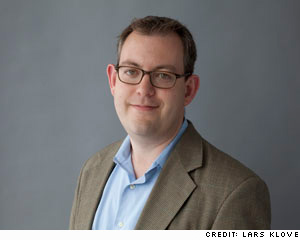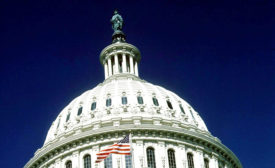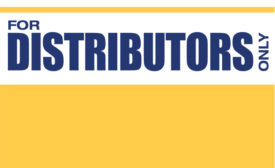Home » health care
Articles Tagged with ''health care''
U.S. employment picture remains encouraging
Manufacturing continues to shed jobs
January 8, 2016
Become a Leader in Safety Culture
Build your knowledge with ISHN, covering key safety, health and industrial hygiene news, products, and trends.
JOIN TODAYCopyright ©2025. All Rights Reserved BNP Media.
Design, CMS, Hosting & Web Development :: ePublishing






